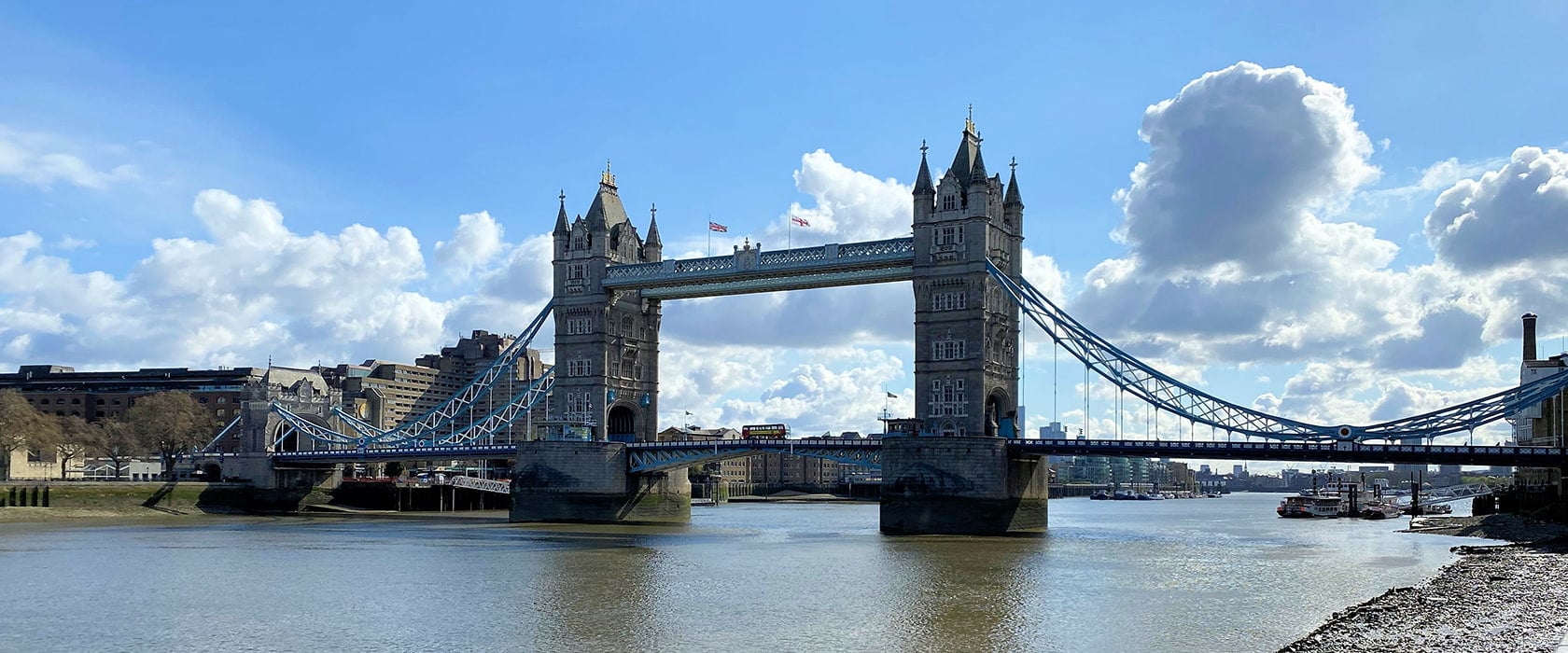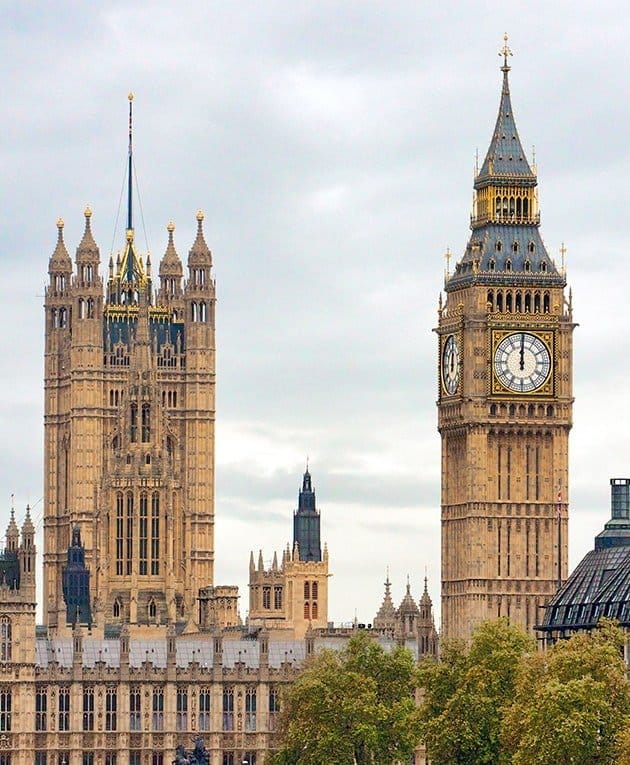-
Popular search terms
A Comprehensive Guide to Studying in:
United Kingdom

The United Kingdom is one of the most popular countries to complete an MBA, where world-class teaching and cutting-edge campuses provide students with an unmatchable educational experience. The UK is home to the second-oldest university in the world (the University of Oxford), which together with the University of Cambridge, is considered one of the best on the globe. Whether you’re attracted by the historical splendor of Oxford or Cambridge, the vibrancy of London, or the student-centric city of Manchester, the various cities throughout the UK have something for everyone.
Studying in the UK has never been more popular, with almost half a million international students currently. While it is unlikely that they were attracted to the UK because of its notoriously unpredictable climate, the country’s wealth of highly prestigious and historic universities continue to draw talented individuals from around the world – no matter how often it rains! It’s also one of only two English-speaking countries in Europe (the other being neighboring Ireland), which partially explains why students from outside the EU make up almost 80% of its international student population.

Frequently Asked Questions
FAQ
Did You Know? Fun Facts About United Kingdom
- 1 According to the QS Global MBA Rankings 2022, the UK has 11 full-time MBA programs ranked in the top 100.
- 2 Over 450,000 international students study in the UK every year (most of whom come from Asia).
- 3 More than eight million people live in London and it is estimated that more than 300 languages are spoken in the capital.
- 4 The largest companies in the UK include Unilever, AstraZeneca, HSBC, Diageo, and British American Tobacco.
- 5 There are more Indian restaurants in London than in Mumbai and New Delhi combined!
Which Visas & permits do i need in United Kingdom
Most international students need a visa to do an MBA in the UK. The UK Government website has a helpful tool to check if you need a UK visa. Also, to help students, the British Council arranges events called pre-departure briefings, mostly in the format of a webinar. Student visa applications are open up to six months before the start of your program. To apply for your visa, you need to have an offer from your university in the form of a Confirmation of Acceptance of Studies (CAS), as well as the ability to pay the visa application fee of GBP£363 (US$455). You will also need to pay a fee called the Immigration Health Surcharge in the amount of GBP£470 (US$590) per year. This gives you access to the UK’s National Health Service (NHS).
To do an MBA in the United Kingdom, additional requirements apply – including proof of funds. If you are going to study in London, you are required to have GBP£1,334 per month. For other cities, GBP£1,023 per month is required.
Post-graduation, international students can benefit from two years of work experience in the UK through the new Graduate Route.
Banking in United Kingdom
Opening a bank account in the UK is straightforward; All you need is a valid passport, a valid visa, a bank statement from your home country’s bank, proof of address, and a student ID or acceptance letter from your university. Banks in the UK that offer international student bank accounts include NatWest, the Royal Bank of Scotland, Barclays, HSBC, and Santander. There are plenty of online tools where students can compare student bank account plans.
What do I need to know about healthcare in United Kingdom
Student healthcare in the United Kingdom is well-organized. The primary healthcare services are run by the National Health Service (NHS). All kinds of treatment are available within the NHS – the most important thing to do is register with a General Practitioner (GP) as soon as possible upon your arrival.
When it comes to costs, international students need to pay an Immigration Health Surcharge at the same time they apply for a student visa. The surcharge is GBP£470 (US$590) per year.
Housing options for students in United Kingdom
The average amount students pay for rent in the UK is GBP£148 (US$185) per week, which is around GBP£641 (US$800) per month. There are three different types of accommodation available to international students in the UK: residence halls, private residence halls, and private rental housing. Residence halls are run by educational institutions and typically consist of a private room with a shared kitchen and bathroom. Private residence halls are similar but are usually more modern (and more expensive).
Private rental housing (off-campus) can come in the form of student flats and shared houses or apartments. This type of accommodation is more expensive in major UK cities, like London.
What are the public transport options in United Kingdom
Public transport in the UK is extensive, consisting of buses, metros, trains, taxis, and ride-sharing services. In London, students over 18 can purchase a pay-as-you-go Oyster card, which entitles you to a 30% reduction on adult-rate travel. A weekly travel card currently costs GBP £24.57 with a Student Oyster Card. With travel cards, you have access to limitless travel at any time on buses, trains, trams, and riverboat services.
In large cities, public transport systems are well-developed. However, in smaller towns and cities, they can be less developed and reliable.
How much does a Big Mac cost in United Kingdom
The Big Mac Index was invented by The Economist in 1986 as an informal way of measuring the purchasing power parity (PPP) between two currencies.